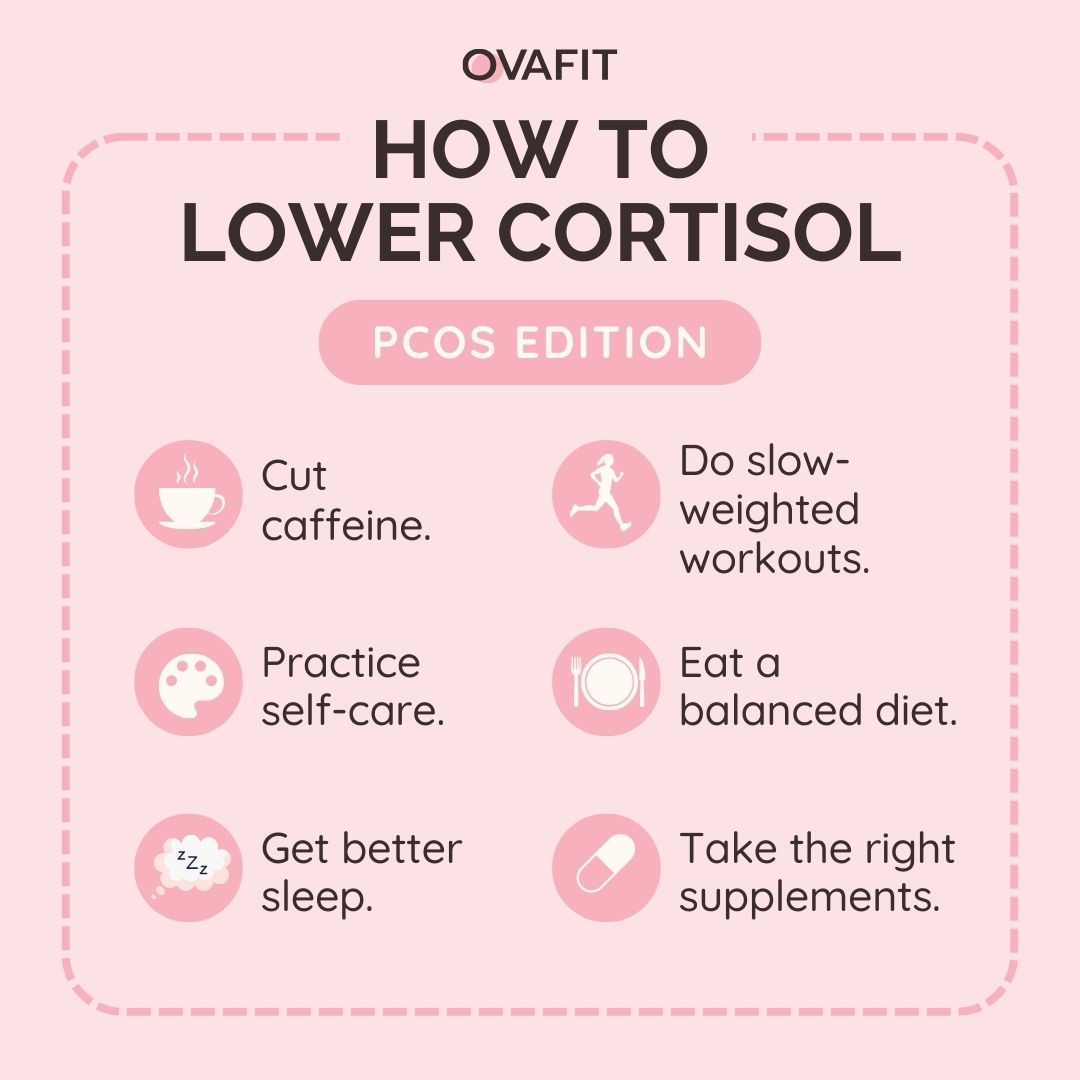Cortisol, often called the "stress hormone," plays a crucial role in the body's stress response. It is produced by the adrenal glands and released during times of physical or emotional stress. While cortisol is essential for managing acute stress, chronic high levels can lead to various health issues, including anxiety, depression, weight gain, high blood pressure, and sleep problems. Fortunately, there are several proven ways to lower cortisol levels naturally and help your body better manage stress.
1. Engage in Regular Physical Activity
Exercise is one of the most effective ways to reduce stress and lower cortisol levels. Physical activity helps the body regulate stress hormones and release endorphins, which act as natural mood elevators. However, it's important to find the right balance:- Moderate exercise such as walking, jogging, swimming, or yoga is excellent for stress relief.
- High-intensity exercise can temporarily spike cortisol levels, but the long-term effects generally help reduce chronic stress. Over-exercising, however, can lead to prolonged cortisol elevation.
2. Prioritize Sleep
Lack of sleep is one of the leading causes of elevated cortisol levels. During sleep, cortisol levels naturally decline, allowing the body to rest and recover. Consistently getting enough high-quality sleep is essential for keeping cortisol in check:- Aim for 7-9 hours of sleep per night.
- Practice good sleep hygiene by maintaining a consistent sleep schedule, keeping your bedroom dark and cool, and avoiding screens before bedtime.
3. Practice Mindfulness and Meditation
Mindfulness and meditation techniques have been shown to lower cortisol levels by promoting relaxation and reducing stress. These practices encourage focusing on the present moment and reducing the "fight-or-flight" response associated with stress.- Mindfulness meditation involves paying attention to your breathing, thoughts, and sensations without judgment.
- Progressive muscle relaxation and guided visualization are also effective for stress reduction.
4. Maintain a Balanced Diet
Your diet plays a significant role in managing stress and cortisol levels. Certain nutrients can help reduce inflammation and support healthy cortisol regulation:- Eat antioxidant-rich foods like berries, leafy greens, and nuts to combat oxidative stress.
- Include omega-3 fatty acids (found in fish, flaxseeds, and walnuts) to support brain health and reduce stress hormones.
- Avoid excess sugar and processed foods, which can cause blood sugar spikes and raise cortisol levels.
5. Reduce Caffeine and Alcohol Intake
Both caffeine and alcohol can raise cortisol levels, particularly when consumed in excess:- Caffeine stimulates the adrenal glands to produce more cortisol. While moderate caffeine consumption may not significantly impact cortisol, large amounts can exacerbate stress.
- Alcohol, especially when used as a coping mechanism for stress, can lead to disrupted sleep and higher cortisol levels.
6. Social Connection and Emotional Support
Strong social bonds and emotional support can have a powerful effect on lowering cortisol. Studies show that spending time with loved ones, engaging in meaningful conversations, or even physical touch like hugging can reduce stress levels.- Laughter is another excellent stress reliever that lowers cortisol and boosts mood.
- Engaging in activities that promote social interaction, such as group sports or volunteering, can provide a sense of belonging and reduce stress.
7. Try Adaptogenic Herbs
Adaptogens are natural substances that help the body adapt to stress and regulate cortisol levels. Some popular adaptogenic herbs include:- Ashwagandha: Known for its cortisol-lowering effects, ashwagandha is a popular adaptogen used to support stress relief.
- Rhodiola rosea: This herb has been shown to improve resilience to stress and reduce cortisol.
- Holy basil: Also known as tulsi, this adaptogen is believed to help balance cortisol levels and reduce anxiety.
8. Deep Breathing and Relaxation Techniques
Slow, deep breathing signals the body to relax, helping to reduce cortisol levels. Techniques such as diaphragmatic breathing, 4-7-8 breathing, and box breathing activate the parasympathetic nervous system, which counteracts the stress response.- Diaphragmatic breathing: Breathe in deeply through your nose, expanding your abdomen, hold the breath for a few seconds, and then exhale slowly.
- Practicing this for a few minutes each day can significantly reduce cortisol levels over time.
9. Spend Time in Nature
Being in nature has a calming effect on the mind and body, leading to lower cortisol levels. Whether it's a walk in the park, a hike in the woods, or simply sitting by a body of water, spending time in nature can help reduce stress hormones and promote relaxation.10. Set Boundaries and Manage Time
Chronic stress is often linked to overwhelming workloads, poor time management, and an inability to set boundaries. Learning to say no when necessary, delegating tasks, and prioritizing self-care are critical for reducing stress and managing cortisol levels.- Use time management strategies like the Pomodoro technique or setting specific daily goals to prevent burnout.
- Ensure you have time for rest and recovery, both physically and mentally.
Conclusion
Lowering cortisol levels is essential for maintaining overall health and well-being. By adopting healthy lifestyle habits, such as regular exercise, proper sleep, mindfulness, and a balanced diet, you can naturally reduce cortisol and improve your body's ability to handle stress. Remember that consistency is key, and small changes over time can lead to significant improvements in how your body responds to stress.Read more :
2= https://dapachecker.co.uk/how-to-lower-blood-sugar-practical-steps-for-managing-glucose-levels/
3= https://dapachecker.co.uk/how-to-hard-reset-an-iphone-a-step-by-step-guide/
4= https://dapachecker.co.uk/how-to-kiss-a-guide-to-making-your-kiss-memorable/
5= https://dapachecker.co.uk/how-to-give-a-hickey-a-simple-guide/
